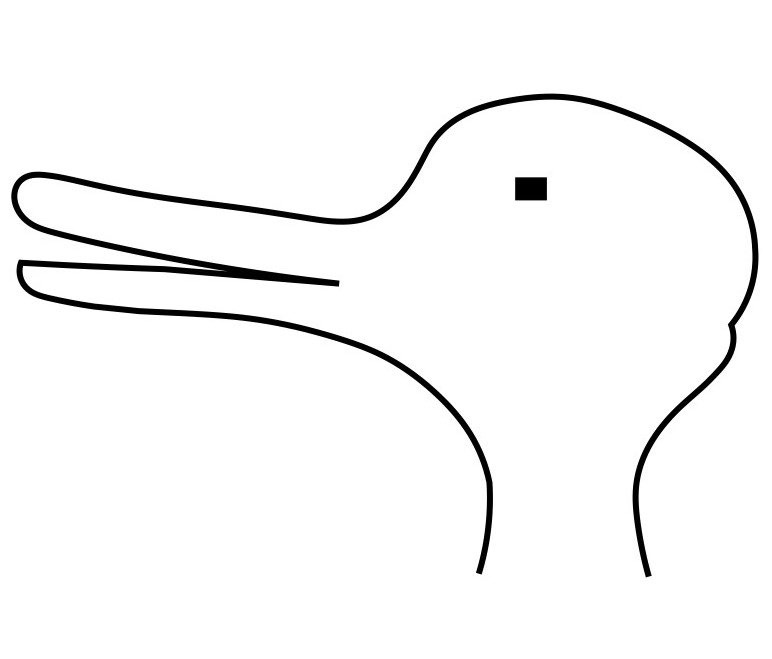Third Lisbon International Conference on Philosophy of Science: Contemporary Issues, 14-16 December, 2016 | Lisbon, Portugal
Can metaphors generate knowledge? Are metaphors creative? Scientists tell us that one day our sun will become a red giant and much later a white dwarf. What is the exact meaning of this statement? Scientists also explain that we store memories in our brains and that one defining characteristic of the human consciousness is its capacity to process information. But how exactly is this possible? It seems to me that we cannot interpret these statements literally because a literal interpretation would give rise to a whole series of other bothersome questions: What are white dwarfs? Can information be stored on biological material just as data is stored on a hard disk or wheat in a granary? It seems to be a better option to look for what physicists or psychologists really want to say. In other words, we have to offer an explanation of some scientific statements.
What is the real nature of scientific statements about white dwarfs and stored memories? I think that (i) a lot scientific explanations are metaphorical and (ii) that these metaphors make an essential contribution to the process of knowledge generation. Although physicists do not speak about the black hole metaphor or the big bang metaphor and even chemists do not speak about the hydrocarbon chain metaphor, this scientific statements seem to be metaphorical statements. At least, psychologists use the term “computer metaphor”. And there are philosophers of science who think that there are scientific explanations which should not be understand literally but metaphorically (Boyd 1980). Boyd addresses the problem and he tries to explain how metaphorical expressions work and how they gain meaning in science. An other important point is that some scientists use metaphors without actually knowing exactly what they mean and that is highly unsatisfactory.
How work metaphorical modals in science? My own starting point is the fact that we use metaphors and understand them mostly. On this basis I can make some important remarks on how we understand metaphors and why we use metaphors. Do we have any advantages using metaphors? Is there any epistemological value using metaphors? In other words: Do metaphors contribute to the process of knowledge generation in science? I think that this is the case. And if metaphors make a contribution to scientific knowledge then I would like to call them knowledge-constitutive metaphors. Following Boyd there are two kinds of metaphors in scientific theories: theory constitutive metaphors and non theory-constitutive metaphors. Both kinds of metaphor are important in science: we need metaphors in scientific explanations. Non theory-constitutive metaphors play an important role explaining scientific theory to laymen. Empirical studies (Moser 2004, 333) suggest that metaphors have a special motivational force that can be used in the transmission of knowledge. Theory-constitutive metaphors are cognitive tools in a much stronger sense. These metaphors form an essential part of scientific theories, they are the basis of some scientific models and have a central position in both, in the formulation and explanation of scientific theories. These metaphors are one starting point of scientific knowledge.
